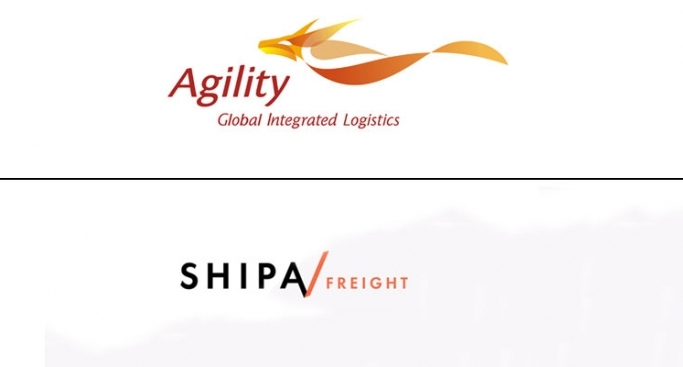81% Indian SMEs prioritising export markets: Shipa Freight study
July 25, 2019: Shipa Freight, the online global freight service powered by the Agility network, has released a global study of 800 small and medium-sized businesses (SMEs) from developed and emerging markets, including 100 small and medium-size businesses from India.

July 25, 2019: Shipa Freight, the online global freight service powered by the Agility network, has released a global study of 800 small and medium-sized businesses (SMEs) from developed and emerging markets, including 100 small and medium-size businesses from India.
According to the study, which examines the trade patterns and barriers experienced by SMEs, 81 percent of Indian SMEs are prioritising export markets over their home market. For Indian companies, the market with the most potential for growth is Europe (70 percent); however, exporting to this region also poses the biggest challenge, with more than two-thirds (67 percent) of Indian SMEs finding Europe the most difficult region to export to. Despite their desire to export, 98 percent of small and medium-size businesses in India have faced difficulties when shipping internationally
“The logistics industry has traditionally ignored SMEs and done far too little to help them find new markets and grow,” says Paul Rehmet, product chief at Shipa Freight, the online global freight service powered by the Agility network. “Technology is giving them the ‘virtual’ scale that they’ve needed to lower their costs, get real-time information and compete.”
Bureaucracy, pricing confusion, political and economic risk are listed as trade difficulties, and 84 percent say that if they don’t export more they won’t be able to grow.
The number one concern for shipping is economic risks (75 percent) – such as recession or sharp downturn – closely followed by foreign exchange loss (71 percent) and political risks (70 percent).
For Indian SMEs finding a good logistics partner is a key challenge (75 percent), along with international laws and compliance issues (73 percent). Costs being too high and not having an accurate picture of costs are also difficulties that more than half (51 percent) of Indian small business leaders have faced.
Smaller companies in India see technology as a way to close the gap with bigger competitors, and get quick access to competitive shipping options; 94 percent believe technology is transforming the logistics industry. Indian SMEs are already embracing digitisation, with nearly half (45 percent) using an online rate quotation and booking tool, the second highest of the emerging markets in the research after China.
The opinion research was conducted in 2017 amongst 800 companies (400 exporters and 400 importers). Apart from India, there were 100 respondents each from UK, USA, Germany, Italy, Indonesia, China and UAE.



